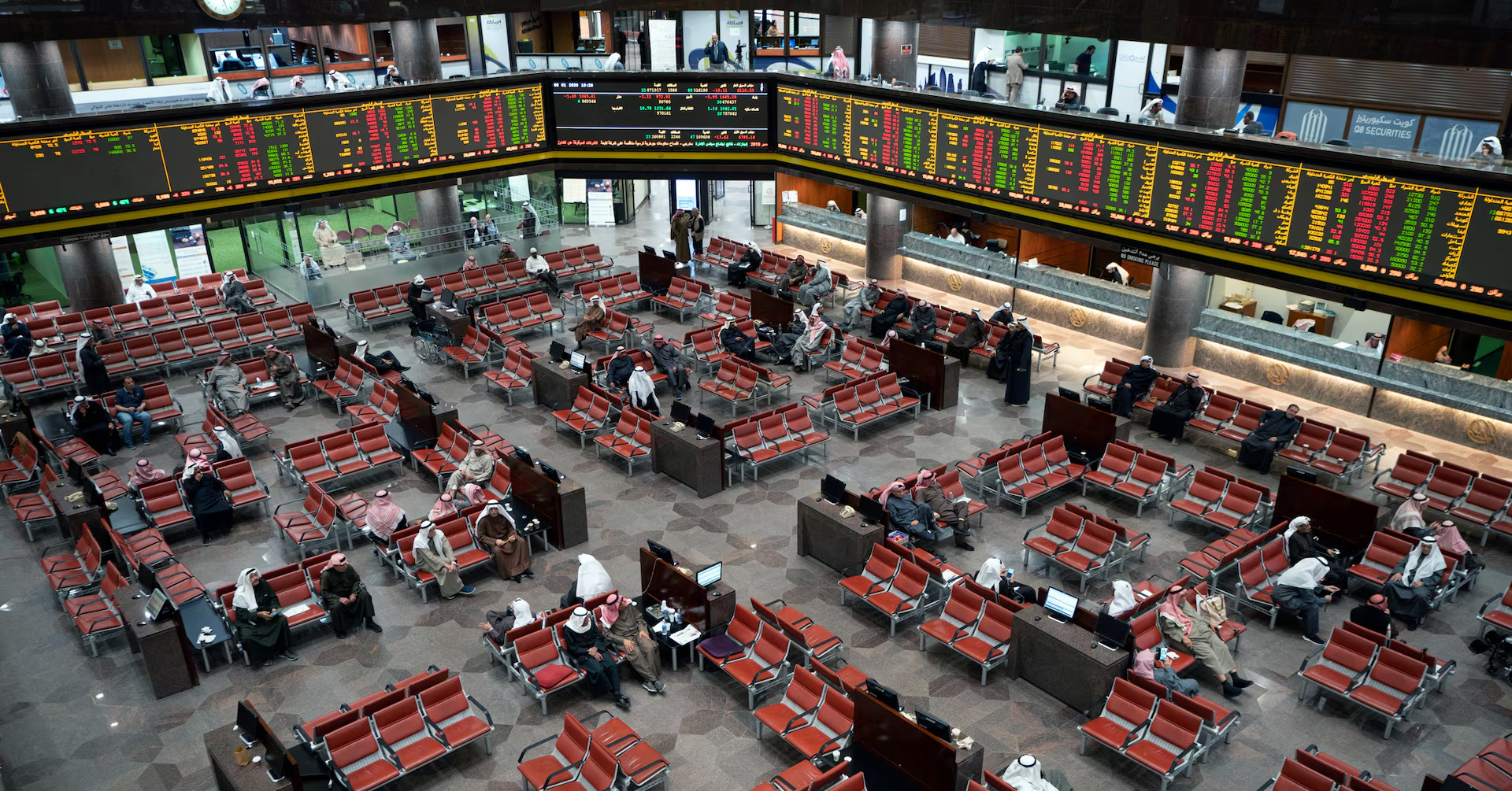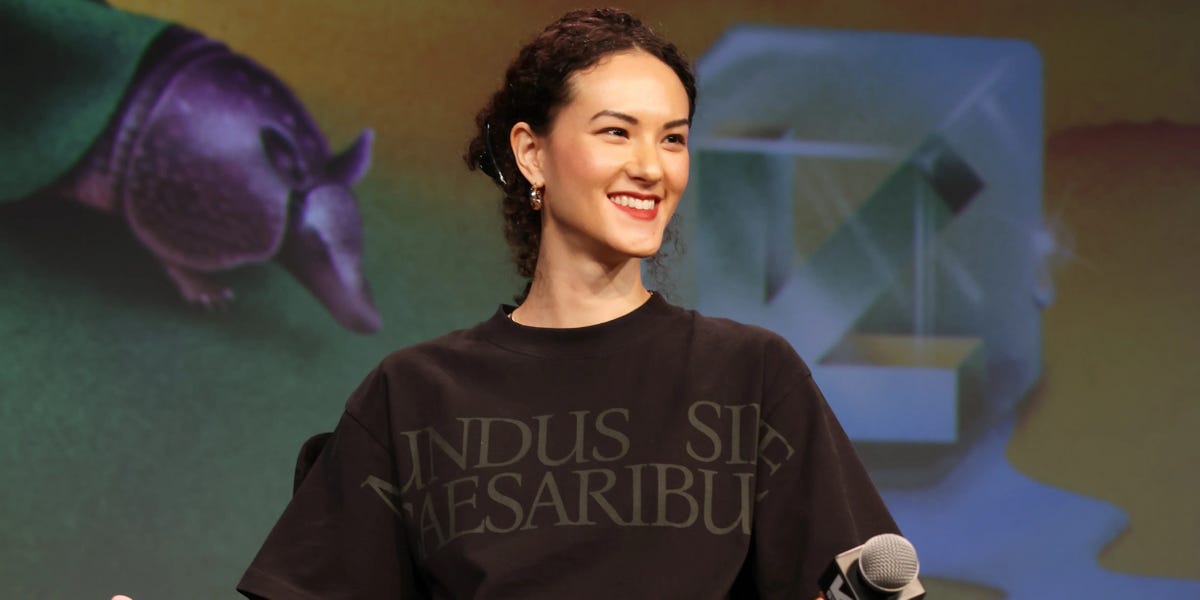The new AI feature strengthens the accuracy and efficiency of Jobley’s proprietary talent matching technology, helping employers successfully identify qualified professionals
BELLEVUE, Wash., Nov. 30, 2025 /PRNewswire/ — Jobley, a hiring platform for U.S. dental and healthcare professionals operated by Medley (TSE: 4480), a Japan-based health technology group, today announced the launch of a new AI-powered resume parsing feature, designed to strengthen its proprietary talent matching technology. The new feature leverages AI to automatically analyze resumes and generate optimized candidate profiles based on experience, skills, licenses, certifications, and other relevant factors. This enhancement enables more precise talent matching, allowing employers to more easily identify candidates who meet their hiring needs—even before they apply. It also boosts the effectiveness of both direct outreach by employers and Jobley’s expert hiring support.
Jobley’s AI-Powered Resume Parsing
Dental Hiring Challenges Persist
The dental industry faces persistent difficulties in recruiting qualified professionals, with many practices investing significant time and resources to find candidates who meet their specific needs.
Employers are increasingly seeking more proactive and efficient ways to connect with potential candidates, rather than relying solely on inbound applications. However, the accuracy of early-stage matching—which is critical to the success of subsequent steps in the hiring process—depends heavily on the completeness and quality of information provided by job seekers. When such data is insufficient, overall hiring efficiency and effectiveness often becomes limited.
AI-Driven Matching for a Smarter Hiring Experience
Jobley’s newly introduced feature uses AI to automatically parse resumes submitted by job seekers, transforming them into structured, searchable profiles that reflect experience, licenses, certifications, and key skills aligned with employers’ hiring needs.
This feature’s expected benefits include:
- Automatically generated and optimized candidate profiles from uploaded resumes, regardless of format or file type
- Significant improvement in the accuracy, volume, and quality of pre-application candidate data, enabling more efficient early-stage talent matching
- Easier proactive outreach to potential candidates by employers, even before they apply
- Enhanced matching outcomes through Jobley’s expert hiring support
Currently, only a limited portion of Jobley users have complete profiles that enable effective system-based matching. With the new AI-powered capability, Jobley expects a substantial increase in the availability of searchable, high-quality candidate data once resumes are uploaded—driving significant improvements in overall talent matching, further enhanced by personalized expert support.
“By integrating advanced AI capabilities, we’re making it easier than ever for dental employers to find qualified professionals quickly and precisely,” said Sunny Tsang, Head of Product for Jobley. “Across the Medley group, we are accelerating the adoption of AI to enhance solutions that empower healthcare providers, professionals, and patients alike. For Jobley, this new feature blends the latest technology with our dedicated support team’s expertise to elevate the hiring experience for dental providers and professionals.”
Looking Ahead: Advancing with Technology and Human Expertise
Jobley will continue to advance the usability of its platform and services—leveraging technologies such as the expanded use of AI, combined with expert hiring support—to help address hiring challenges faced by dental practices nationwide. The company remains dedicated to creating a more seamless and performance-driven hiring experience for dental employers and professionals across the United States.
To find out more, visit Jobley’s website.
About Jobley
Jobley is a hiring platform for U.S. dental and healthcare professionals, operating in 44 states and D.C. With a diverse team of specialists passionate about solving hiring challenges in the healthcare field, Jobley streamlines the recruitment process and effectively connects practices with the talent they need.
Jobley was launched by Medley (MEDLEY, INC. | TSE: 4480), a Japan-based health technology company. Since 2009, Medley has been committed to creating the future of healthcare through innovative products and services, including one of Japan’s largest healthcare hiring platforms, now used by 38% of healthcare providers nationwide (as of September 2025).
Supported by a multidisciplinary team of engineers, physicians, and other healthcare professionals, Medley is also applying AI to address critical challenges in healthcare under the new brand “MEDLEY AI CLOUD,” a next-generation platform that connects providers across all sectors of healthcare with patients and the public. It improves operational efficiency for healthcare providers through reliable technology and enhances patient experiences. Medley continues to develop and deliver solutions that benefit patients, healthcare professionals, providers, and society as a whole.
SOURCE Medley US, Inc.









